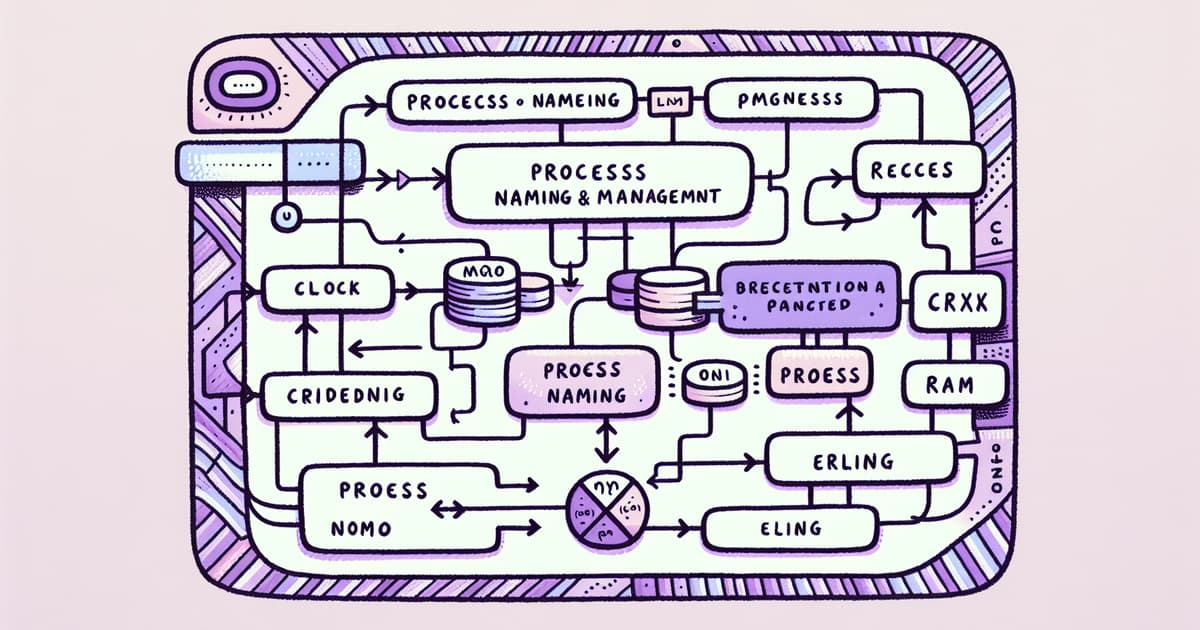We can't find the internet
Attempting to reconnect
Something went wrong!
Hang in there while we get back on track
Solving Boilerplate Problems with Monads in Functional Programming
484
clicks

Source: lambdaland.org
Ashton Wiersdorf navigated a common dilemma in functional programming - cumbersome boilerplate code. While leveraging Elixir, a functional language, he encountered difficulties that seemed to require mutable variables, which are generally discouraged. To surmount this, he explored transforming query data within ASTs (Abstract Syntax Trees) without mutation, leading to usage of tuples. This solution, though pure, proved verbose, prompting a search for a cleaner approach that separated the core computation from supplementary data management. The blog post reveals that the refined solution using AST-queries-tuples resonated with the writer monad pattern from Haskell, a monad being a type of interface in functional programming. Monads engender modular, maintainable code by isolating essential logic from secondary elements. The application of monads proves versatile, exceeding their traditional usage in Haskell to other languages like Elixir or Rust, albeit with implementation nuances. Utilizing monads can simplify and enhance functions, including those in standardized libraries, and accommodate different types of data. Haskell's heavy use of monads relates to its unique needs for effectual computation and its ergonomic typeclass mechanism, which differs from interfaces in other object-oriented programming languages. The discussion culminates with an endorsement of monads as an effective strategy for distinguishing essential from incidental logics in functional languages.
Related posts
© HashMerge 2026


